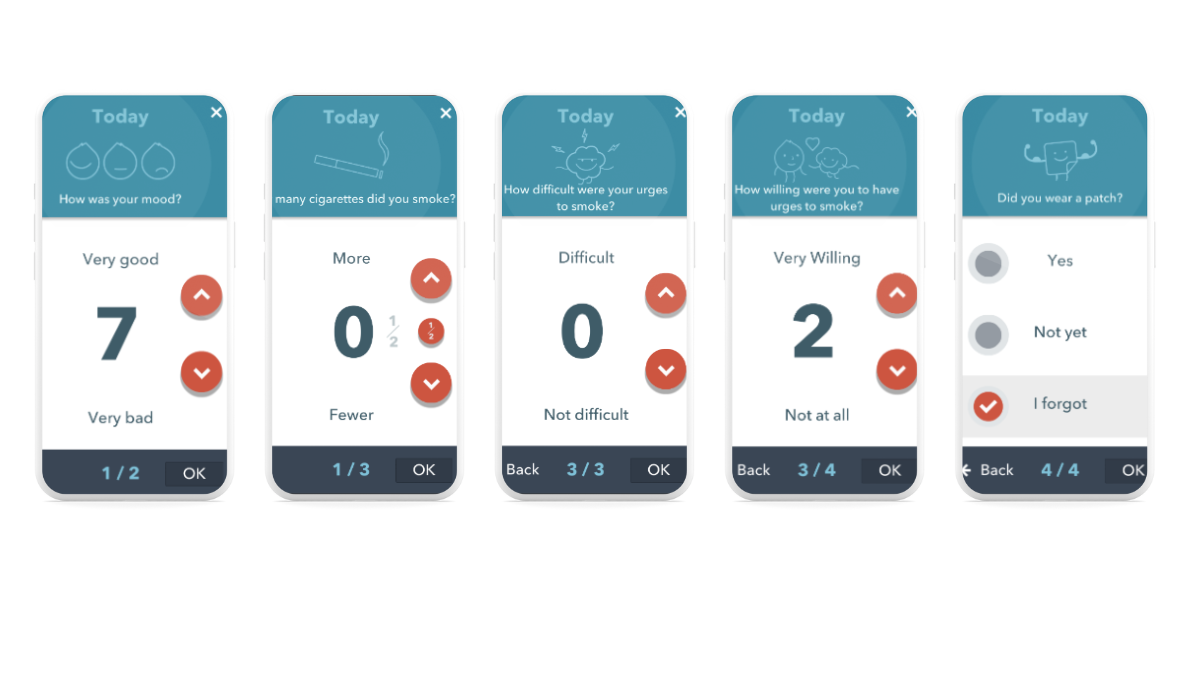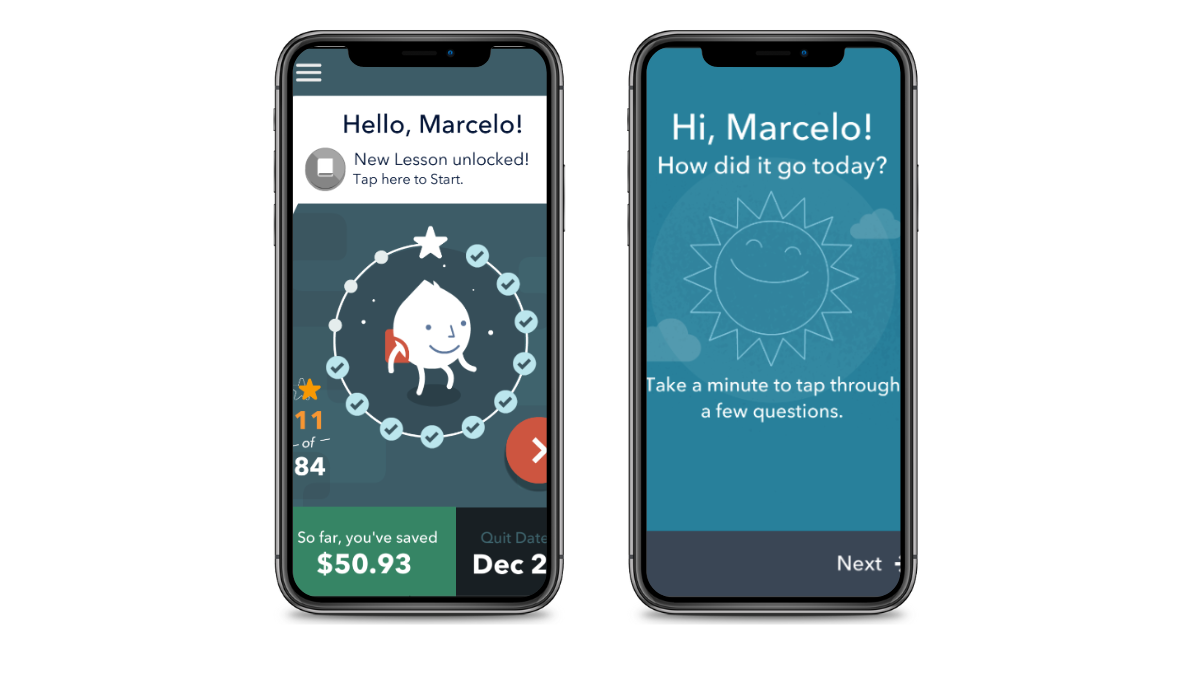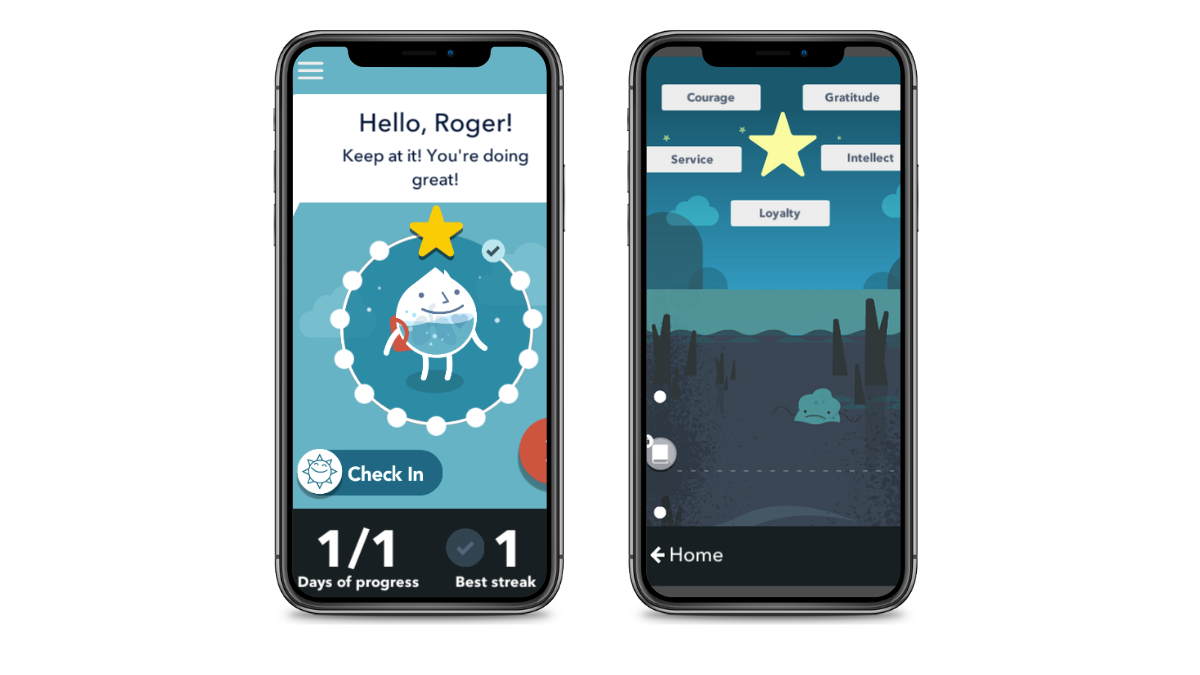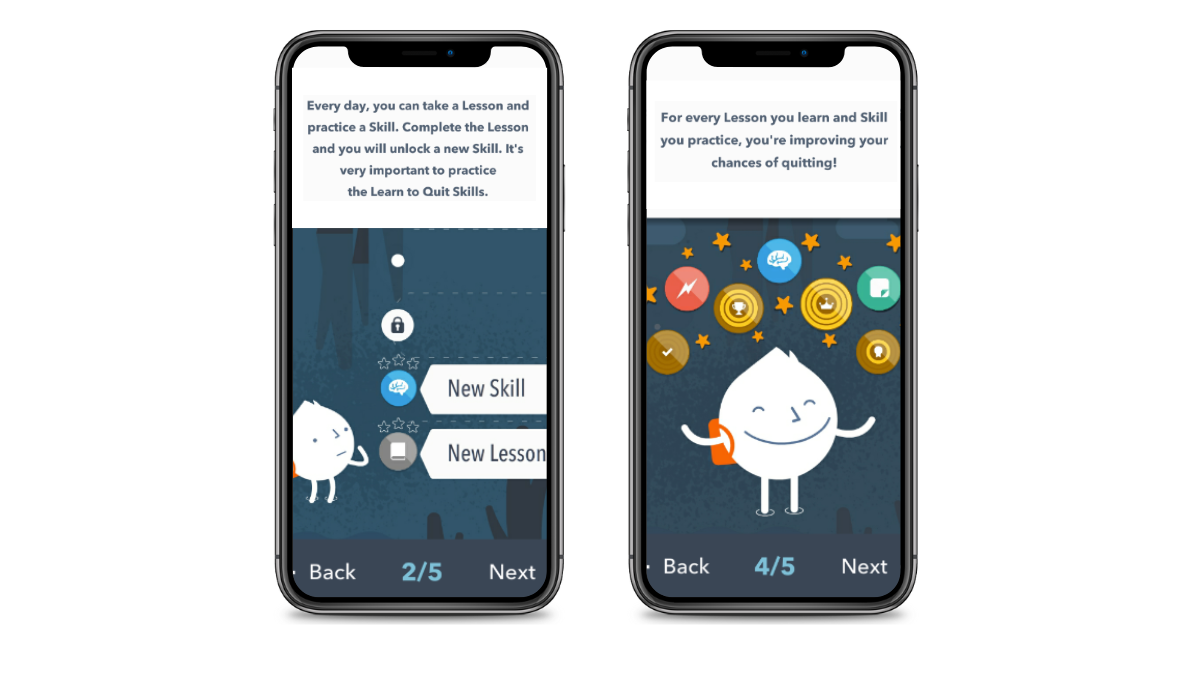"A team with discipline and humility is the best that I could have hoped for. And you guys really have it."

Client
Duke Center for Addiction Science and Technology
Services
Mobile, and Healthcare
Compared to 15% of the general US population, more than 40% of patients with HIV infection have a tobacco use disorder. In fact, smokers with HIV infection are more likely to pass as a result of smoking than from the HIV infection itself. And while 49% to 74% of smokers with HIV are interested in quitting, very few digital interventions have been designed to address the needs of this group. This presents a critical need for innovative and effective smoking cessation interventions tailored specifically for patients with HIV.
Dr. Roger Vilardaga from Duke University’s Center for Addiction Science and Technology (CFAST) wanted to develop Learn to Quit - HIV (LTQ-H), a digital therapeutic designed to treat tobacco use disorder in patients diagnosed with HIV. CrossComm worked with Dr. Vilardaga to adapt a prior version of the LTQ mobile app and tailor it to the HIV patient population. The new app incorporates behavioral principles that enhance comprehension and retention with updated modules, gamification of smoking cessation content, active storytelling, tracking, charts, and visually engaging summaries to inspire smoking cessation among users.
Our Approach
Evidence-Based App Development
Based on a formative, multimethod case study on usability and engagement by Dr. Vilardaga and CFAST researchers, the LTQ-H mobile app has undergone significant enhancements to provide a seamless user experience. The CrossComm team worked closely with Dr. Vilardaga to implement a dynamic notification system that adapts to users' quitting progress. A new theme with a visually appealing user interface can now track key behavioral insights, such as mood and urges. Additionally, users can take notes on module lessons and access them when needed.
To help users visualize their progress, CrossComm incorporated gamification and interactive graphs reflecting change over time. As a bonus, a data editor companion app was developed that allowed researchers and content creators to easily modify modules, lessons, and quizzes.
Research-Ready Analytics
CrossComm's work on the LTQ-H app involved the tracking of five key user behaviors, including the number of cigarettes smoked per day, urge level, mood level, willingness to experience urges, and use of nicotine replacement patches. To streamline the tracking of this data, CrossComm developed a system for collecting user behavior directly within the mobile app.
In addition, the team incorporated additional background analytics to measure engagement with the app. This included tracking the number of interactions and duration of app interactions for each feature and process.
By providing this level of detailed engagement data, CrossComm enabled the research team to better understand user behavior and engagement, ultimately leading to a more effective tool to help people with HIV quit smoking.

Trusted Development Guidance and Processes
CrossComm's development work on the LTQ-H app has brought significant improvements to its functionality and usability. The latest version of the Unity development platform was used to support the new notification system and analytics, while the notification system was completely redeveloped to enable cross-platform applicability on both Android and iOS devices.
To ensure the smooth operation of the updated app, CrossComm provided guidance to the research team on critical requirements such as OS version, device type, app version, and internet connectivity. Weekly meetings were held to review development progress and answer questions from the researchers.
To test the app before launch, CrossComm deployed a beta channel on both the Apple App Store and Google Play. Multiple devices were tested to account for differences in participants' phones and tablets during the trial.
In addition, as a security measure, CrossComm trained the research team to extract data monthly and upgraded their Firebase databases to ensure the best possible protection of user data.
With these enhancements, LTQ-H's analytics is now more secure and user-friendly, providing a seamless experience for users on multiple platforms.
Results
The LTQ-H app is currently undergoing testing as part of an NIH-funded pilot trial. The app is available in the Apple App Store and Google Play Store to participants of the clinical trial conducted at Duke University.
If you’re interested in taking the next step in your research project or idea, we would love to hear from you and discuss whether CrossComm would be the right technology development team for you. Tell us more and receive a free consultation from CrossComm.




